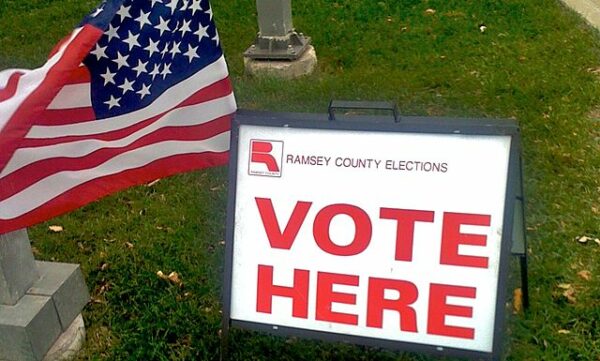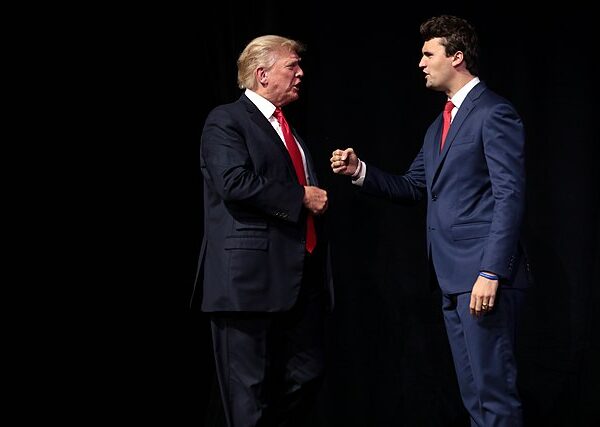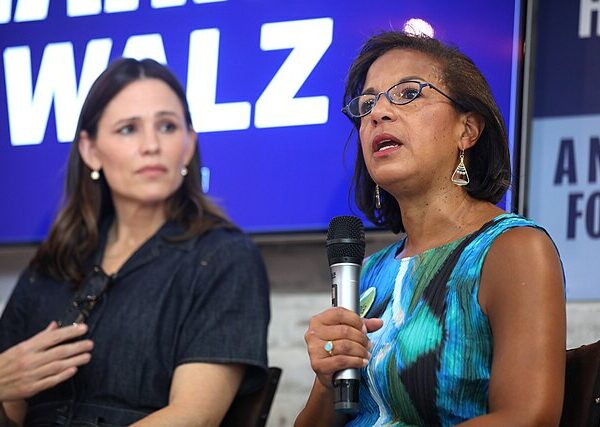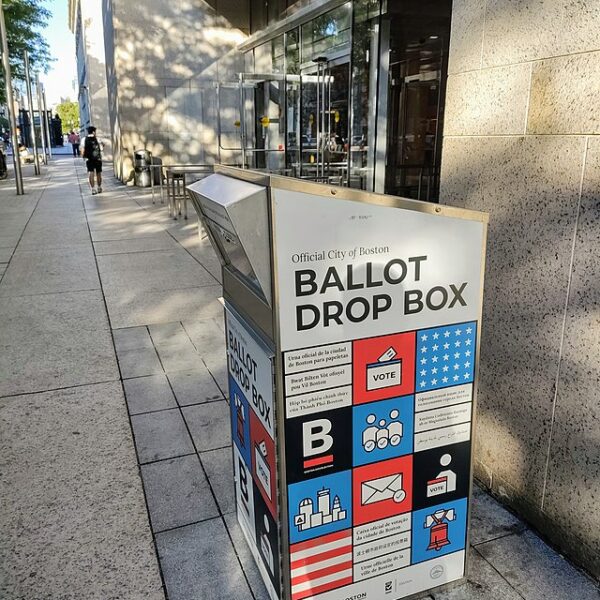
California Rep. Eric Swalwell’s push for residents to cast ballots directly from their smartphones is emerging as a defining — and controversial — plank of his newly launched bid for governor, sharpening a years-long partisan divide over election security and raising fresh alarms among critics who argue Democrats are moving not just to loosen safeguards but to make fraud more likely.
Appearing Saturday on CNN’s “The Story” with host Elex Michaelson, Swalwell floated a vision of California as a national leader in frictionless voting, wrote The Daily Caller. “I want us to be able to vote by phone. I think every California—” he began, before Michaelson cut in with, “Vote by phone?” Swalwell doubled down: “Vote by phone, yeah. If we can do our taxes … make our health care appointments, you know, make, essentially your — do your banking online. You should be able to vote by phone. Make it safe, make it secure. But it’s actually already happening all over the United States. I want us to be a blue state that doesn’t do just a little bit better than like Georgia or Alabama when it comes to like voting access, I want us to max out democracy.”
Swalwell’s proposal goes significantly further than existing practices in most states, where even limited forms of electronic voting have sparked concern among cybersecurity experts. The idea that a statewide election could be conducted through mobile devices — the same targets routinely compromised in phishing attacks, malware intrusions, and foreign disinformation campaigns — has renewed warnings that Democrats are willing to sacrifice ballot integrity for broader turnout.
The congressman formally entered the 2026 governor’s race Thursday on “Jimmy Kimmel Live,” joining a crowded Democratic field that includes former Rep. Katie Porter and former Health and Human Services Secretary Xavier Becerra. But it was his CNN appearance that offered the clearest glimpse of his governing priorities — including a system of financial penalties for counties that allow in-person voting lines to stretch beyond half an hour. “As it relates to democracy, if you wait in line for 30 minutes or more, if you do want to vote in person, I think you should fine every county for every minute that a person has to wait longer,” Swalwell said. “We have to be better, not just a little bit better than the other states.”
The state already takes the longest in the nation to count its votes.
Republicans have long accused Democrats of designing election rules that weaken verification processes and broaden avenues for manipulation. Swalwell’s embrace of phone-based voting, coupled with punitive measures against jurisdictions that cannot meet strict wait-time thresholds, has hardened those charges — particularly because mobile voting, unlike mail ballots or machine tabulators, would rely almost entirely on remote identity verification and unproctored digital submissions.
While it may seem obvious as to why Democrats would want to vote by phone, the country firmly believes in secure elections.
Just a reminder that Voter ID is overwhelmingly popular and is not a partisan issue. https://t.co/jOStUBEfwd pic.twitter.com/ongfOByMUy
— America (@america) November 23, 2025
Swalwell’s own background has made the debate sharper, especially since he has proven himself to care very little about security of any kind. His past ties to Christine Fang, a suspected Chinese intelligence operative, have continued to draw scrutiny. Federal investigators reportedly warned him in 2015 about Fang’s activities. Swalwell has denied any wrongdoing, but in 2023, then-House Speaker Kevin McCarthy removed him from the House Intelligence Committee citing national-security concerns related to the matter. Opponents argue that his advocacy for phone-based voting heightens longstanding questions about foreign influence and digital vulnerabilities.
With Gov. Gavin Newsom term-limited in 2026, California’s open governor’s race is expected to be among the most competitive — and expensive — contests in the country. Swalwell’s bid to “max out democracy” ensures that election security will sit at the center of the fight, with critics warning that the plan would not simply reshape how Californians vote, but how exposed the system becomes.
[Read More: Qatar Throwing Money Around On College Campuses]











